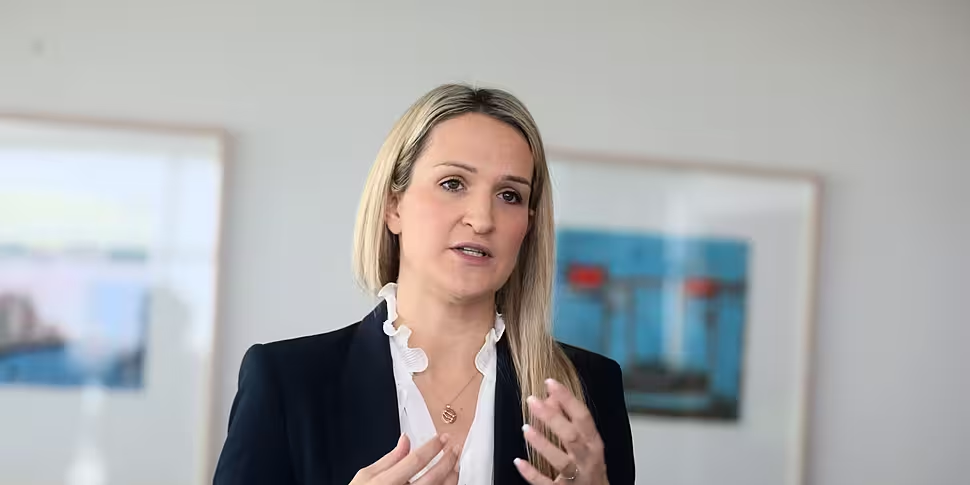The Government is considering introducing legislation next year to allow judges to impose longer life minimum sentences for serious crimes.
This legislation would allow judges to recommend to parole boards that someone not apply for parole until a certain amount of time has passed, depending on the severity of the crime.
Currently, anyone on a life sentence may apply for parole after 12 years and every two years after that.
Speaking at Fine Gael’s special conference in Maynooth this afternoon, Justice Minister Helen McEntee said this would allow judges to impose harsher sentences on “particularly heinous” crimes.
“[It’s] an acknowledgement that certain crimes should have a higher sentence,” she said.
She noted the average time someone spends serving a life sentence is 19 years.
Life sentences
This comes after the judge presiding over the Ashling Murphy murder trial said it's about time judges were given the final say in what minimum terms should be.
In handing a mandatory life sentence to Jozef Puska for the murder of Ms Murphy, Justice Tony Hunt said if he had the power to set the minimum sentence, it would be “very long”.
Prison spaces
Taoiseach Leo Varadkar said if people want criminals to serve longer sentences, more prison beds are required.
“If we’re genuinely serious about locking up very dangerous people, murderers, rapists, paedophiles, the heads of major criminal gangs for 20, 30, 40 years... we’re going to need more prison spaces,” he said.
He added changes to legislation would not mean criminals are given a personal minimum sentence in all scenarios, but it would give judges the power to do so “if they felt it appropriate”.
Ms McEntee said there is a plan to introduce 600 prison spaces across the next three years, adding that communities need to be kept safe.









